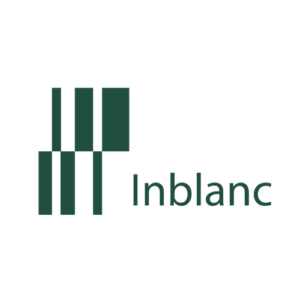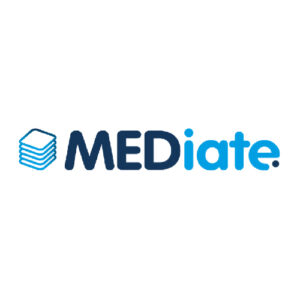
MEDIATE
Multi-hazard and risk informed system for Enhanced local and regional Disaster risk management
This project will develop a decision-support system (DSS) for disaster risk management by considering multiple interacting natural hazards and cascading impacts using a novel resilient-informed and service-oriented approach that accounts for forecasted modifications in the hazard (e.g., climate change), vulnerability/resilience (e.g., aging structures and populations) and exposure (e.g., population decrease/increase). The primary deliverable from MEDiate will be a decision support framework in the form of service-orientated web tool and accompanying disaster risk management framework providing end users (local authorities, businesses etc) with the ability to build accurate scenarios to model the potential impact of their mitigation and adaptation risk management actions.
The scenarios, which can be customised to reflect local conditions and needs (e.g., demographics, deprivation, natural resources etc), will be based on a combination of the historical record and future climate change projections to forecast the location and intensity of climate related disaster events and to predict their impacts, including cascading impacts, on the vulnerability of the local physical,
economic and social systems. The scenarios will allow end users to evaluate the potential impact of different risk management strategies to reduce vulnerability and enhance community resilience. The project will consist of analysis of relevant data and co-development with testbed decision-makers of a DSS to enable more reliable resilience assessments, accounting for risk mitigation and adaptive capabilities, to be made, therefore reducing losses (human, financial, environmental etc) from future climate-related and
geophysical disasters. The project will involve a multi-disciplinary team of geophysical and meteorological scientists, risk engineers, social scientists, information technologists and end-users, working together to ensure that the system is user-led and supported by appropriate technology.
Motivation & Impact
Role of R2M
Motivation & Impact
The MEDiate project seeks to consider multiple interacting and compounding hazards, particularly those predicted to get more frequent and more intense due to climate change, and predict how the components of risk will change over time. Co-design, co-development and co-evaluation of a DSS, based on close and long-running interactions with end users located in four European testbeds, is central to the project’s vision. This DSS will allow end users to model and visualise potential disaster scenarios and understand how potential physical and social actions will influence the scenarios and their communities resilience to current and future natural hazards.
The project will improve multi-hazard assessments, accounting for interactions and trends in their components, and highlight potential trends due to climate change. It will also provide end users with a means to visualise potential scenarios and model the impact of mitigation.
Role of R2M
R2M will lead the WP7 – Ethics, legal and social aspects of MEDIate.
R2M will identify any possible impact of behavioral and cognitive biases on risk perceptions (WP1). R2M will also ensure that data protection is ensured for the general knowledge created in WP2 relating to multi-hazard interactions and cascading impacts (such knowledge can reveal sensitive when related to critical buildings and/or infrastructures vulnerability for instance, etc.). Ethics and legal aspects are also involved in the exploitation of the physical and social vulnerability models developed in WP3 and the collection and exploitation of real-life data from the testbeds (historical data from past multihazard events, potential data from sensors, etc.).














































